Everything you think you know about disciplining kids is wrong? Yes.
Leigh Robinson was out for a lunchtime walk one brisk day during the spring of 2013 when a call came from the principal at her school. Will, a third-grader with a history of acting up in class, was flipping out on the playground. He'd taken off his belt and was flailing it around and grunting. The recess staff was worried he might hurt someone. Robinson, who was Will's educational aide, raced back to the schoolyard.
Will was "that kid." Every school has a few of them: that kid who's always getting into trouble, if not causing it. That kid who can't stay in his seat and has angry outbursts and can make a teacher's life hell. That kid the other kids blame for a recess tussle. Will knew he was that kid too. Ever since first grade, he'd been coming to school anxious, defensive, and braced for the next confrontation with a classmate or teacher.
The expression "school-to-prison pipeline" was coined to describe how America's public schools fail kids like Will. A first-grader whose unruly behavior goes uncorrected can become the fifth-grader with multiple suspensions, the eighth-grader who self-medicates, the high school dropout, and the 17-year-old convict. Yet even though today's teachers are trained to be sensitive to "social-emotional development" and schools are committed to mainstreaming children with cognitive or developmental issues into regular classrooms, those advances in psychology often go out the window once a difficult kid starts acting out. Teachers and administrators still rely overwhelmingly on outdated systems of reward and punishment, using everything from red-yellow-green cards, behavior charts, and prizes to suspensions and expulsions.
To read the rest of the article, go here.


